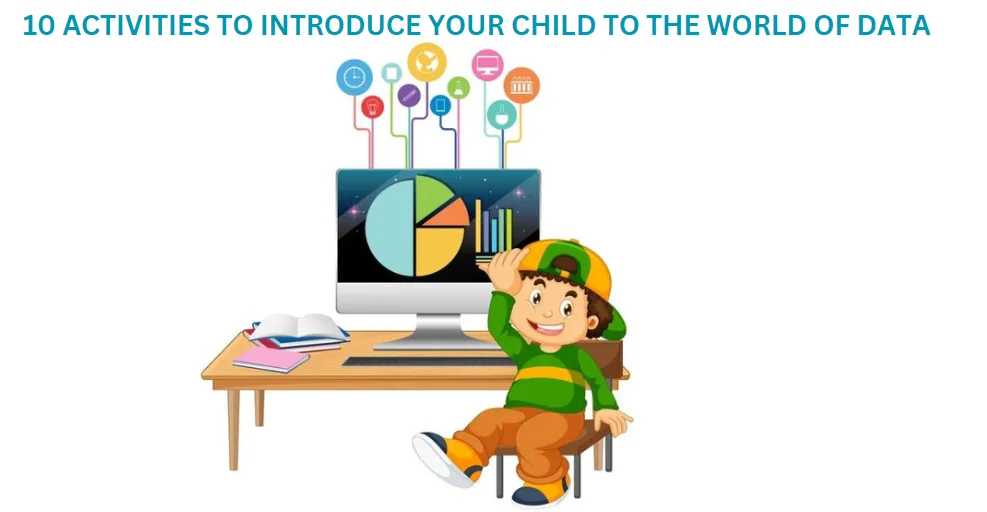
Update: This article was last updated on 28th February 2024 to reflect the accuracy and up-to-date information on the page.
Every parent wishes their children to be competitive and knowledgeable. In today’s world it is important to be familiar with data because learning data earlier will help them grow in their careers.
Would you like to introduce your child to the world of data as well?
There are many activities and resources available that can make learning fun and accessible for children. In this blog, we will focus on activities you can include in your children’s routine to see considerable results easily.
Popular data activities for children
Introducing a child with no data background into the world of data is initially challenging. But, engaging with the right activity will make the process much easier.
Irrespective of age, you can do certain things to encourage your child to start their data journey. One of the essential things is understanding the child’s interests and providing a preliminary foundation. Below are the activities teachers and parents follow to teach kids about data.
10 Activities to Introduce Your Child to the World of Data
1. Build a City of Data
- Ages: 6-12 years old
- Materials: Construction toys (blocks, Legos, etc.), paper, pen, and markers (optional).
- Activity: Let your child become a miniature city planner! Divide space into different districts (e.g., residential, commercial, park) and encourage them to build a city using their construction toys. As they build, have them record data on each district, such as the number of buildings, types of structures, and the population (imaginary or based on toy figures). After construction, analyze the data together. Discuss the ratio of different types of buildings, the distribution of population across districts, and the potential challenges and benefits of their city design.
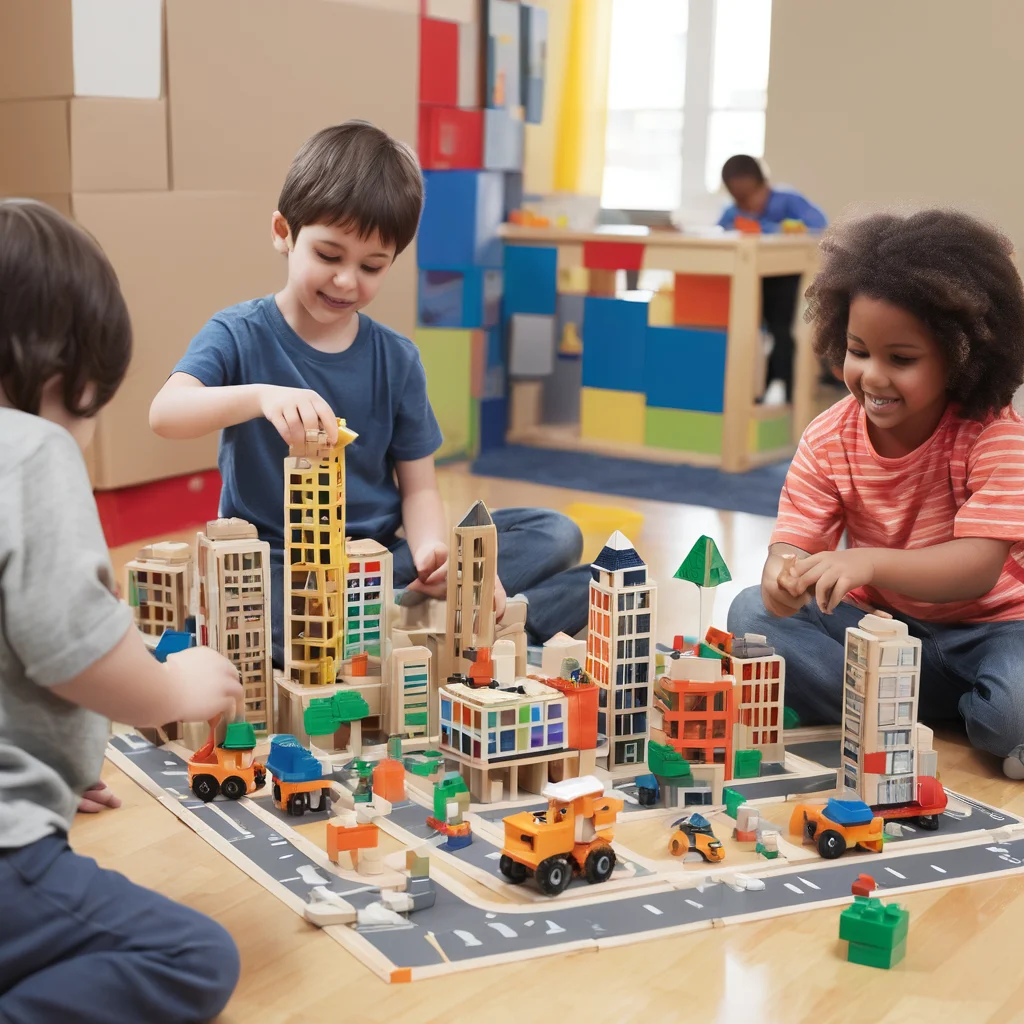
Benefits: This activity fosters creativity, problem-solving skills, and spatial awareness. It also introduces basic data collection and analysis concepts in a fun and engaging way.
2. Family Time Capsule
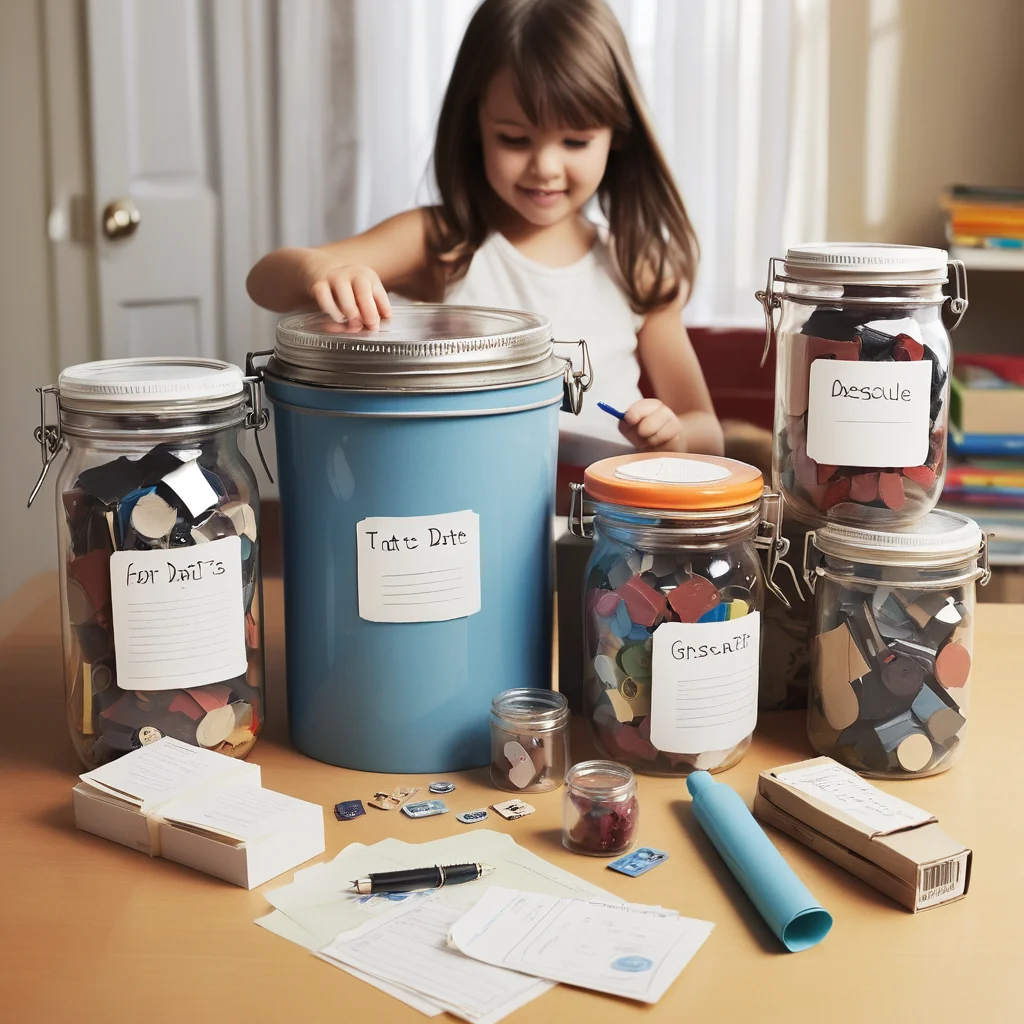
- Ages: All ages
- Materials: Container (box, jar, etc.), photos, mementos, paper, pen.
- Activity: Create a family time capsule together! Gather photos, small objects, and written descriptions of current events, hobbies, and favorite things. Discuss what life is like now and what you hope for the future. Place everything in the container and seal it with a date to be opened later (e.g., 5 years, 10 years). Encourage your child to record the date and purpose of the time capsule in a document.
Benefits: This activity strengthens family bonds and creates cherished memories. It also introduces the concept of data preservation and the importance of documenting information for future reference.
3. Nature Scavenger Hunt
- Ages: All ages
- Materials: List of natural objects (leaves, rocks, insects, etc.), paper, pen, bag (optional).
- Activity: Head outdoors and embark on a nature scavenger hunt! Create a list of different natural objects your child can find (e.g., different types of leaves, colored rocks, specific insects). Let them explore and collect the objects, keeping track of the number and types they find. Discuss their findings when you return home. Sort the objects, analyze the data, and create a chart or drawing to represent their discoveries.
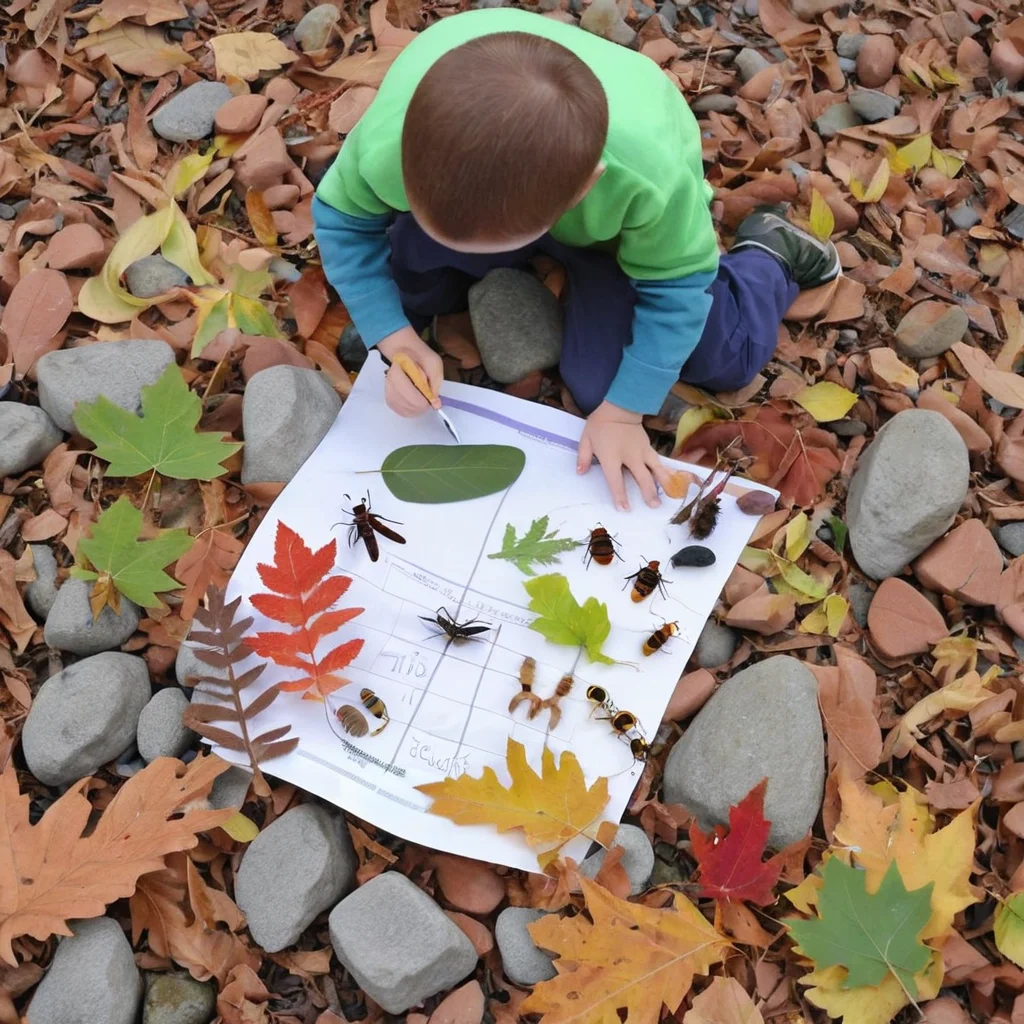
Benefits: This activity encourages outdoor exploration, curiosity about nature, and observation skills. It also introduces basic data collection and classification techniques.
4. Budget Buddies
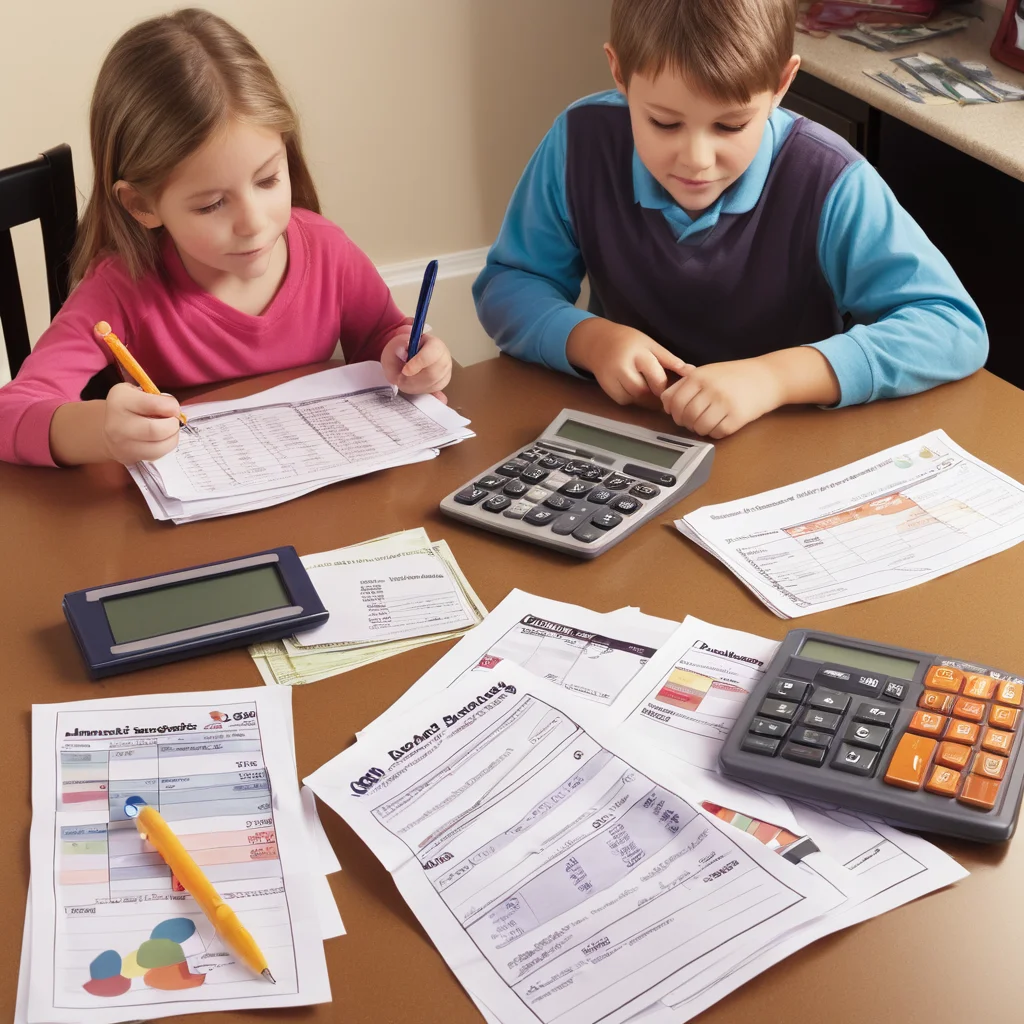
- Ages: 8-12 years old and older
- Materials: Allowance or imaginary budget, paper, pen, calculator (optional).
- Activity: Introduce your child to the concept of budgeting! Give them a small allowance or set an imaginary budget for a specific period. Have them track their expenses by recording each purchase, the amount spent, and the category (e.g., food, entertainment, savings). At the end of the period, analyze the data together. Discuss how they spent their money, how much was left over, and what adjustments they might make for the next period.
Benefits: This activity teaches basic financial literacy and budgeting skills. It also encourages responsible spending habits and decision-making based on available resources.
5. Digital Footprint Detective
- Ages: 10-12 years old and older
- Materials: Internet access, paper, pen.
- Activity: Discuss the concept of a digital footprint and how our online activity generates data. Challenge your child to become a digital footprint detective! Let them research different online platforms and services they use (social media, games, websites). Encourage them to explore the privacy settings and data collection practices of these platforms. Have them record their findings and discuss the implications of their digital footprint.
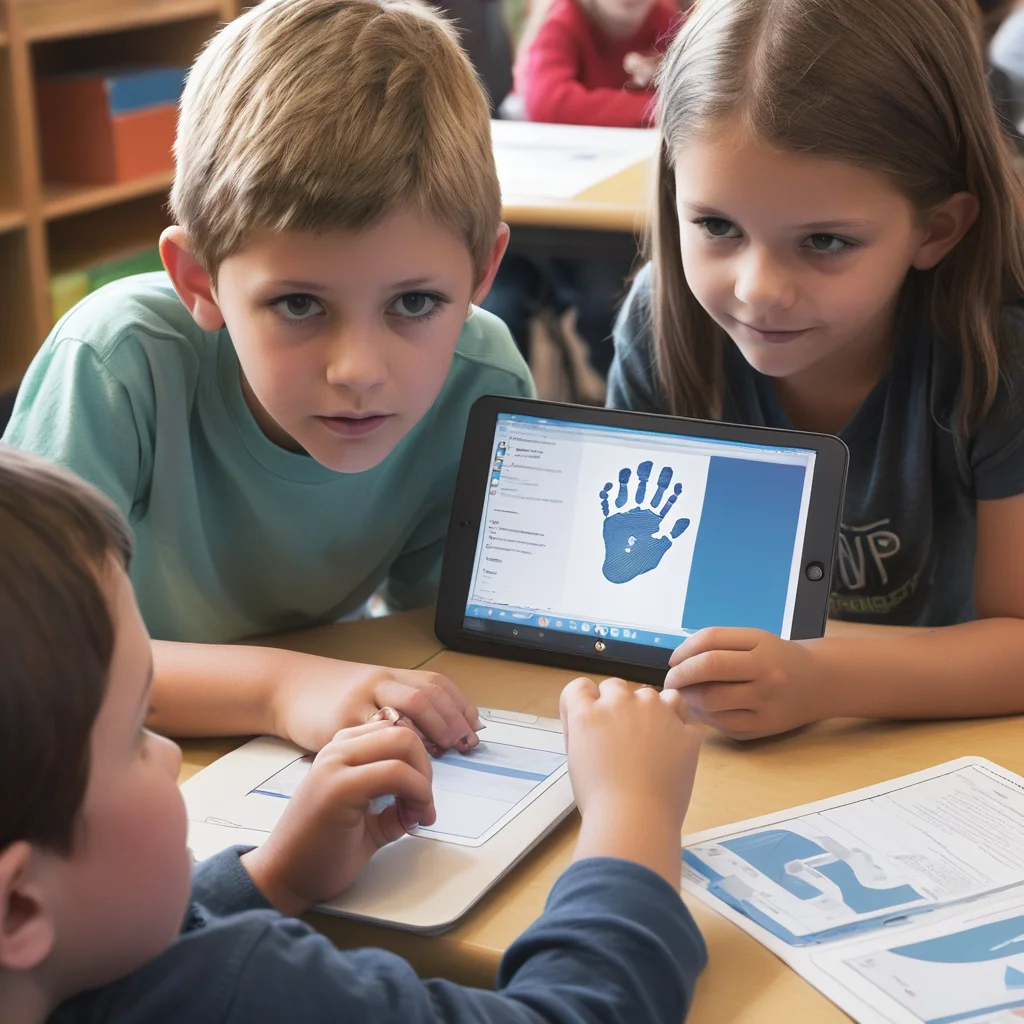
Benefits: This activity fosters critical thinking and awareness about online privacy and data security. It encourages responsible online behavior and empowers children to make informed choices about their digital presence.
6. Data Dice Game
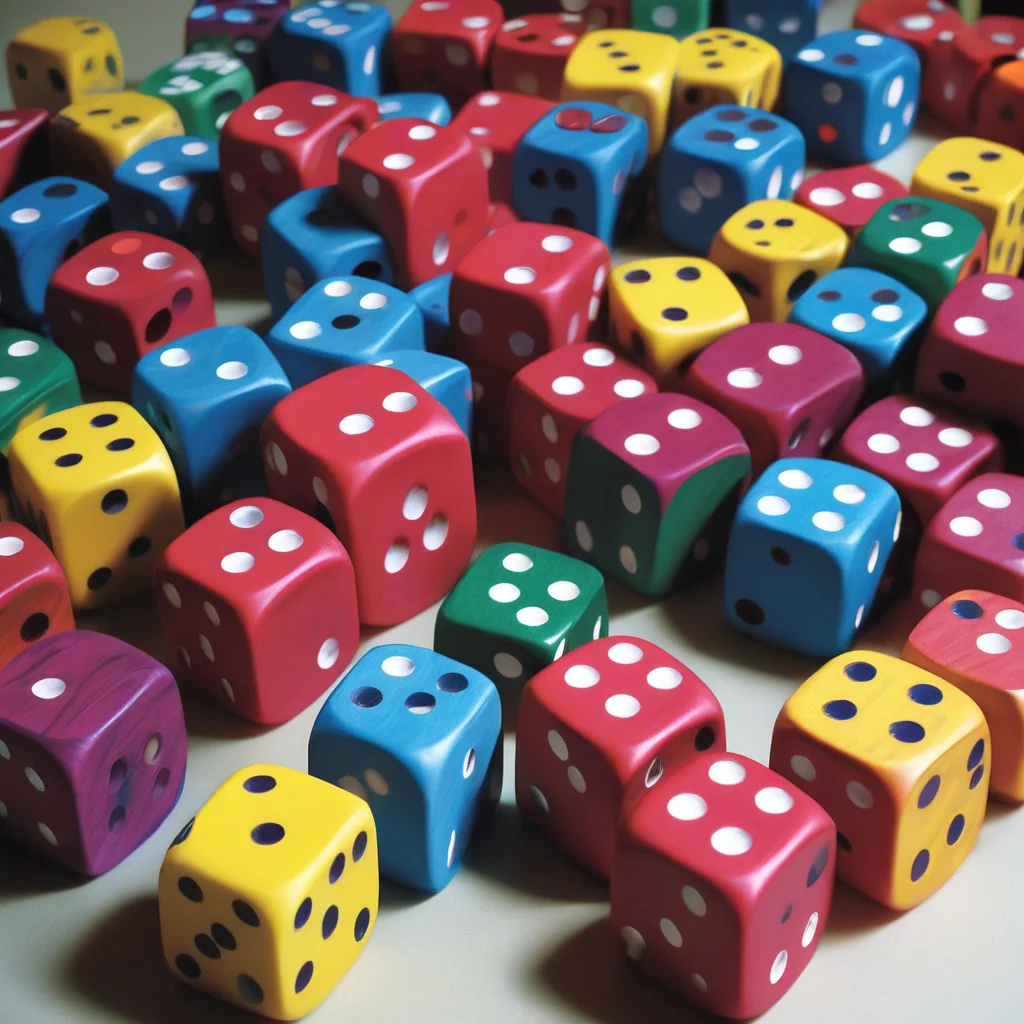
- Ages: 5-12 years old
- Materials: Two dice, a list of categories (e.g., favorite color, preferred food, number of siblings), paper, and pen.
- Gameplay: Roll the dice. Each number corresponds to a category on the list. Ask your child to interview their friends or family members based on that category. For example, if the dice rolls a 3, they might ask everyone “What’s your favorite color?”. Record the answers on the paper and analyze them together. Discuss which category has the most variety or which category has the most unexpected answers.
Benefits: This activity teaches basic probability concepts (what’s the chance of rolling a specific number?), data collection techniques, and the importance of asking questions. It also encourages social interaction and communication skills.
7. Weather Watchers Journal
- Ages: All ages
- Materials: Journal or notebook, pen, thermometer (optional), access to weather reports.
- Activity: Every day, have your child record the date, temperature, precipitation (rain, snow, etc.), and wind speed. They can also add drawings or descriptions of the weather conditions. Over time, analyze the data together to identify patterns. Discuss how weather changes over time, how different factors might influence each other, and the importance of weather data for forecasting and decision-making in different fields like agriculture, transportation, and emergency response.

Benefits: This activity fosters long-term observation skills, data recording and analysis techniques, and an understanding of the scientific concept of weather patterns. It also connects data to real-world applications and encourages critical thinking.
8. Shape Sorting Challenge
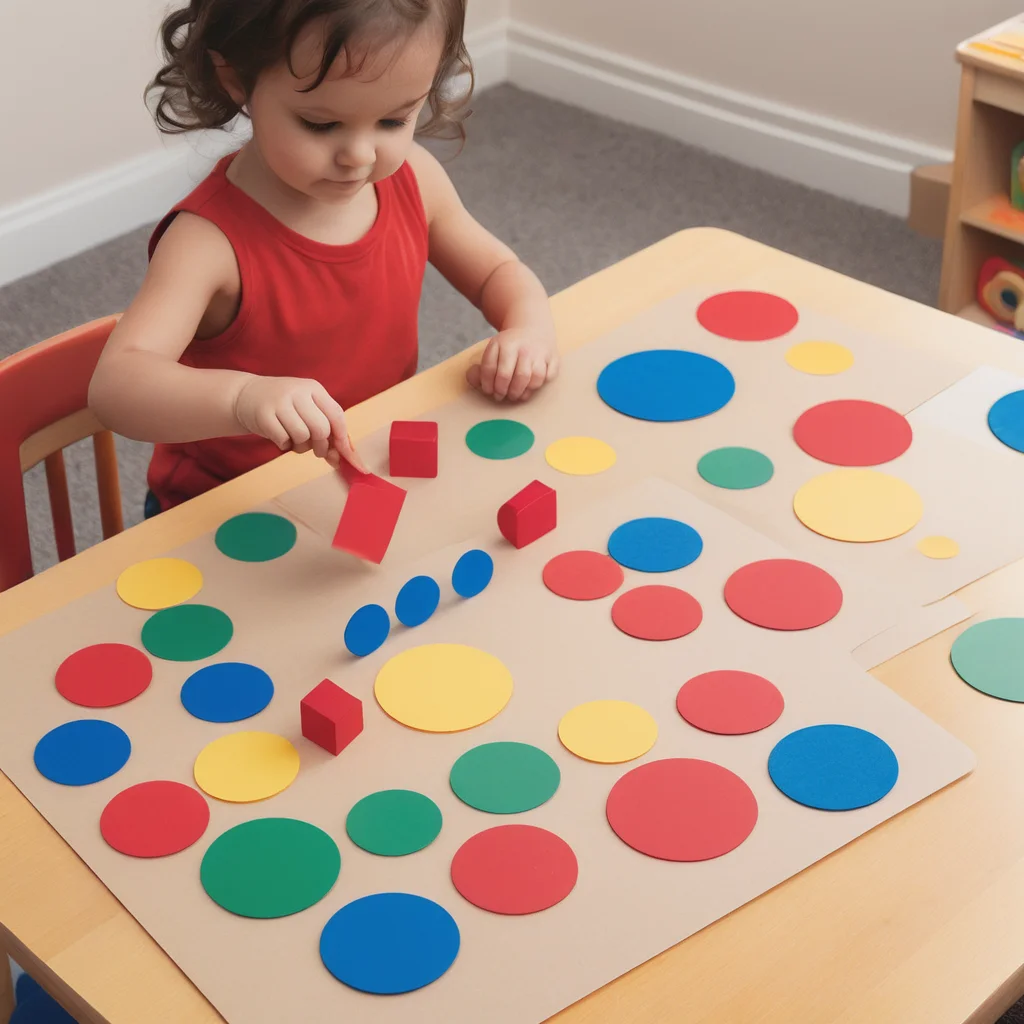
- Ages: 3-7 years old
- Materials: Set of shapes in different colors and sizes, chart or spreadsheet (optional).
- Activity: Have your child sort the shapes by color, size, or both. Ask them to count the number of shapes in each category and record the data in a chart or spreadsheet (with your help if needed). Discuss the results together. Compare the number of circles to squares, or the number of large red shapes to small blue ones. You can also make this activity more challenging by adding different types of shapes or introducing additional sorting criteria like material or texture.
Benefits: This activity strengthens basic math skills like counting and sorting, introduces the concept of data categorization and organization, and improves fine motor skills. It’s also a fun and engaging way to explore different shapes and colors.
9. Sports Score Tracker
- Ages: 8-12 years old and older
- Materials: Scorecard or notebook, pen, access to sports games (live or recorded).
- Activity: Choose a sport your child enjoys and have them track the score throughout the game, recording points, goals, runs, or any other relevant statistics. After several games, analyze the data together. Discuss trends, such as which team consistently scores more points or which player has the most assists. You can also compare statistics from different games or seasons.
Benefits: This activity introduces basic statistics concepts, fosters critical thinking and analysis skills, and encourages deeper engagement with the chosen sport. It also allows children to connect data to real-world performance and make predictions based on past results.
10. Grocery Shopping Data Hunt

- Ages: 8-12 years old and older
- Materials: Grocery shopping list, paper, and pen.
- Activity: Before heading to the grocery store, provide your child with a list of items and ask them to record their prices, brands, and quantities. At the store, have them pay attention to any promotional offers or special deals. Once back home, create a spreadsheet or chart to compare prices, analyze trends, and calculate the total cost of the groceries. Discuss how prices might vary between brands or stores, and identify the most cost-effective options.
Benefits: This activity teaches practical data collection and analysis skills, introduces basic budgeting and finance concepts, and demonstrates the real-world application of data in everyday life. It also encourages responsible shopping habits and helps children understand how to make informed choices based on available information.
Benefits of allowing children to access the data world
You may be wondering why you should expose your child to the world of data. Look at the list below to learn about the benefits of learning data at a young age.
- The data activities encourage your child’s curiosity and observation skills. It teaches them how to pay attention and follow through, and it trains them to provide the correct answer following data exploration.
- Creativity comes naturally to problem solvers. Answering too many questions will enhance their imagination and creativity very well. They will easily learn everything as they explore the data in various directions to find the right path to the answer.
- Data visualization and comparison enable them to compare things in their imaginary data collection. It improves their knowledge and helps them quickly solve different questions.
Moonpreneur understands the needs and demands this rapidly changing technological world is bringing with it for our kids. Thus we are on a mission to educate and ignite the flames of entrepreneurship through our holistically created online STEM programs, which will help kids master the futuristic sciences such as Robotics, Game Development, App Development, Advanced Math, and much more!!















